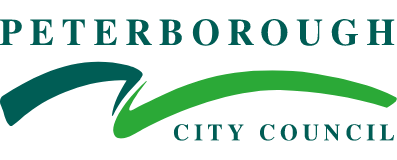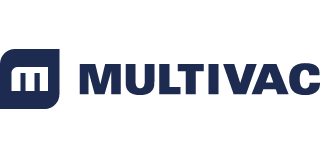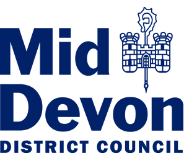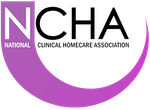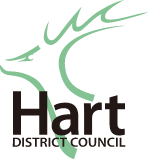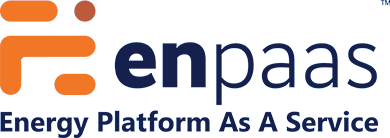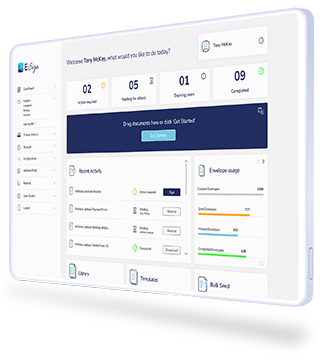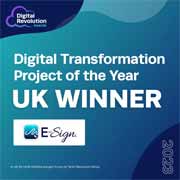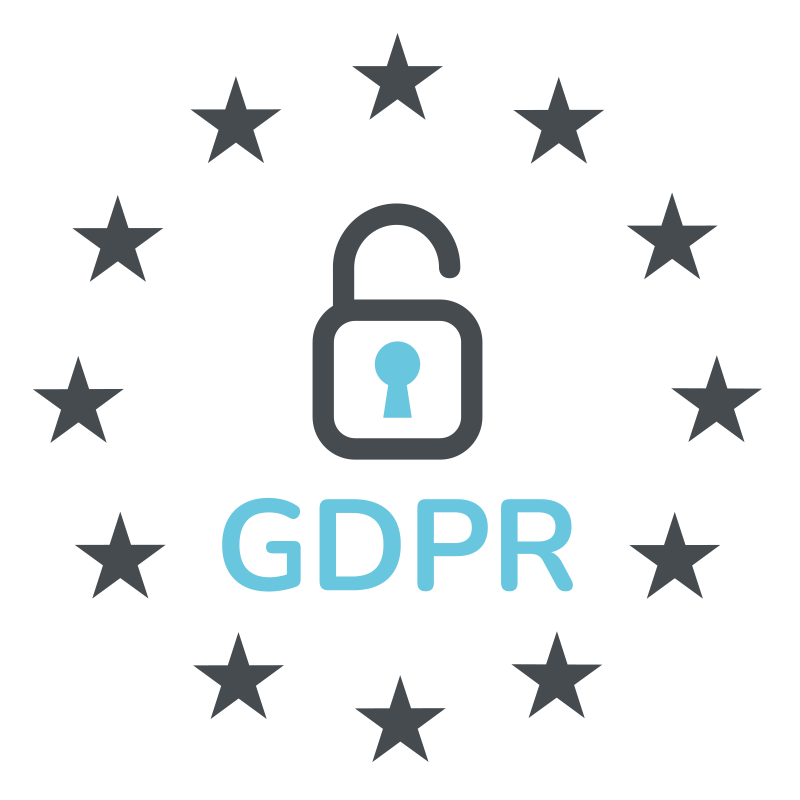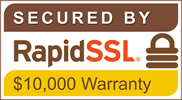The Legality of eSignatures in the Netherlands
Explore the legality of electronic signatures in the Netherlands and the laws and regulations that govern their use.

Trusted By
Are eSignatures Legally Binding in the Netherlands?
Documents that can be signed electronically
There are only a small number of transactions in the Dutch Civil Code that require a handwritten agreement. The Code states that documents can be signed electronically if the below criteria are met:
- The authenticity of the agreement is appropriately guaranteed
- It is consultable by the parties
- The timing of when the agreement concluded can be determined with certainty
- The parties can be accurately identified
In the Netherlands, the law does not require written agreements to be “signed” as long as consent is given. When a signature is needed the signature can be given in electronic form.
Electronic signature guidance
For transactions requiring a higher level of reliability and security, documents should be signed with either an Advanced Electronic Signature (AES) or a Qualified Electronic Signature (QES). Certain documents, such as powers of attorney, notarial deeds, oaths, affirmations, statutory declarations, affidavits, and similar formal documents, may have specific execution requirements that restrict the types of signatures permitted. Additional considerations often apply in fields like finance and real estate transactions. Documents signed with a QES generally serve as legally binding evidence in court, while the legal weight of documents signed with other types of signatures may be evaluated by the court on a case-by-case basis.
Types of e-signature permitted in the Netherlands
The eIDAS regulation defines an electronic signature as data in electronic form which is attached or logically associated with other data in electronic form and which is used by the signatory to sign. It distinguishes between three types of e-signature, simple, advanced, and qualified.
- Simple – the most basic form of e-signature that can be in the form of typing your name at the bottom of an email or checking an approval box. There are no specific security or identity verification requirements for a simple e-signature.
- Advanced – this type of signature is uniquely linked to the signer, can accurately identify the signer, is created using data that the signer can be confident is under their sole control and is linked to the data in a way that detects any subsequent changes that are made. Advanced electronic signatures are more secure than simple signatures and are legally binding in most use cases.
- Qualified – this type of signature is similar to advanced but has additional requirements providers must adhere to. They must be certified based on public keys that have been issued using proper technological means. This means that the identity verification process is multi-step, using both encrypted keys and two-factor authentication.
The Netherlands does not have a separate definition for electronic signatures outside of the one established by eIDAS.
Notable legality changes since 2020
None.
Publicly Accessible Links to Laws/Regulations Discussed
Disclaimer
The content provided on this website is meant for general informational use only and does not constitute legal advice. Legal regulations on this topic can evolve rapidly, so E-Sign does not ensure that the information presented here is always up-to-date or accurate. If you have particular legal concerns regarding any details on this site, it is recommended that you consult with a licensed attorney in your jurisdiction.
Last Updated 9th October 2024



